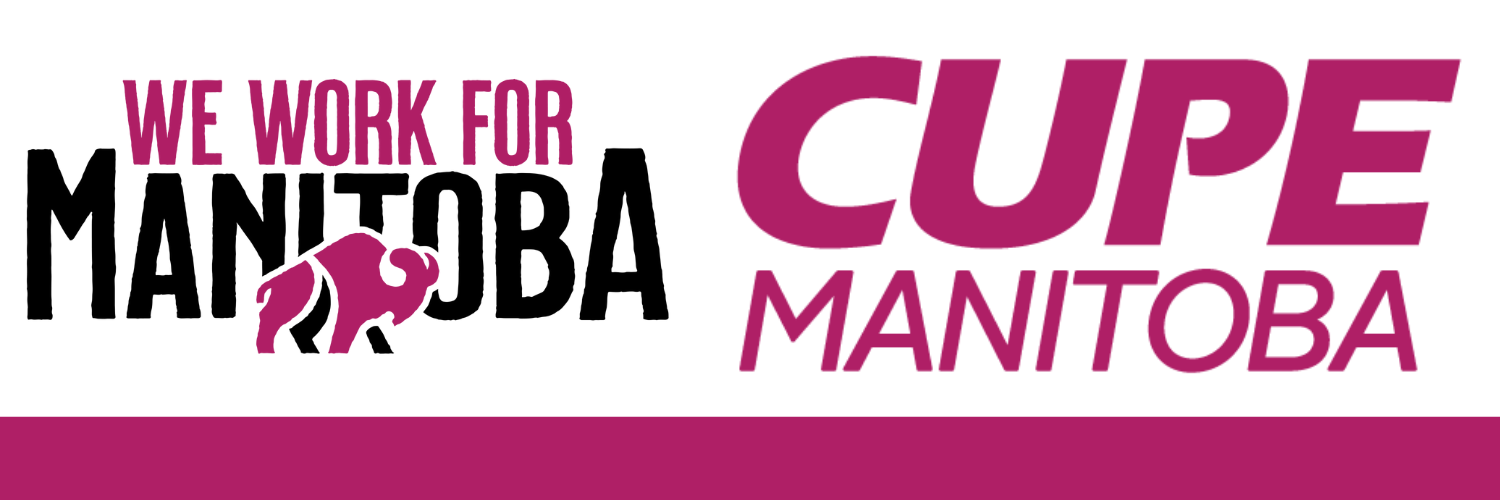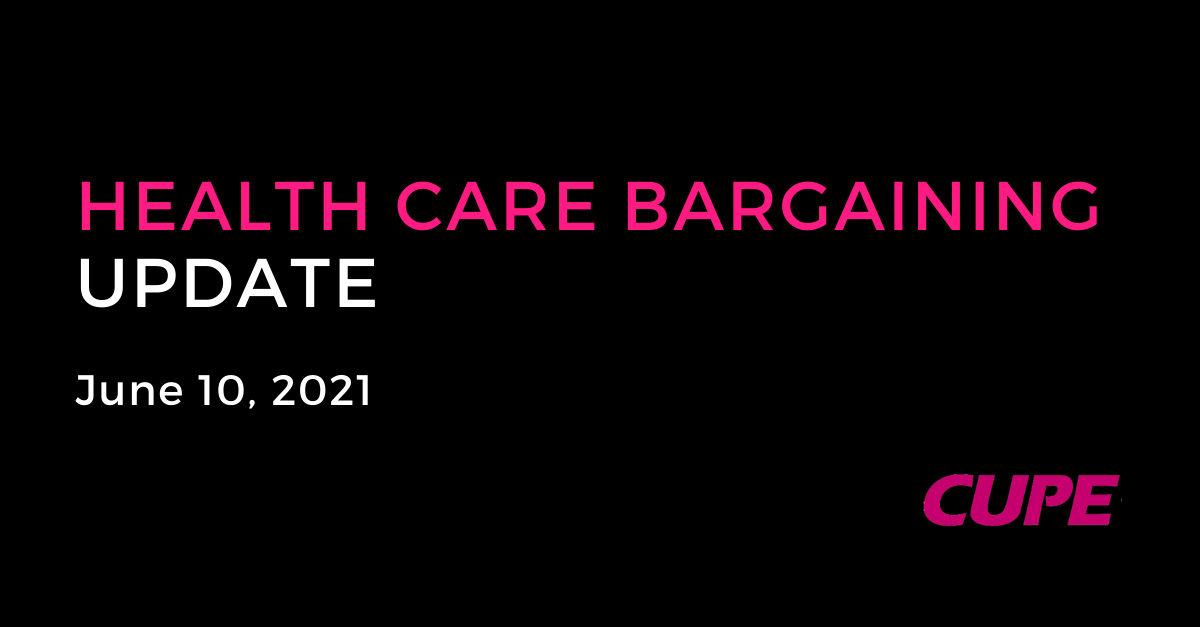Bargaining update for CUPE health care members.
Strike/job action
The CUPE Bargaining Council may call on the members for a strike mandate (vote) to support their efforts at the bargaining table. Normally, unions do not call for a strike vote until there is a significant break down in the negotiations. We are not at that point quite yet but CUPE has begun preparations in case we need to call for a strike vote.
A strike committee has met and are preparing for the potential of a province-wide strike. We are not calling for a strike vote yet but the planning required for 18,000 members to go on strike is huge and that is why we must start preparing now.
Why are we not striking like the nurses?
The Manitoba Nurses’ Union (MNU) has taken a strike vote. The nurses did not have as many collective agreements or classifications to merge into one collective agreement as CUPE, therefore they are further along in the process. They also started bargaining four months before we did.
CUPE has over 123 collective agreements all with very different contract language. CUPE wants to protect as much language as possible from all the collective agreements, so this requires a longer process at the bargaining table. CUPE members have told us that protecting this language is important.
MNU has also stated they will be doing different types of strike/job action rather than stopping working. Unions will not be able to stop providing essential care in a strike especially with the COVID crisis.
CUPE supports MNU and will stand in solidarity with them throughout any strike or job action.
What is binding arbitration?
Currently The Labour Relations Act allows for unions to apply for binding arbitration after sixty (60) days on strike. Binding arbitration is where an arbitrator (sort of judge) decides what will be in a collective agreement. Usually, binding arbitration is only used when there are a few outstanding items, most often wages, that the parties cannot come to agreement on. Once the binding arbitration process has started, whatever the arbitrator decides is what the union gets. There is no voting on a collective agreement.
How does Essential Services affect a strike?
Before any health care union can go on strike an Essential Services Agreement (ESA) must be negotiated. This is law.
CUPE is negotiating updated ESAs with the Employers. The Bargaining Council may be calling on members for information regarding staffing levels and required duties for each classification at your site. The Essential Services Act(Health Care) of Manitoba requires the unions to provide essential care so as not to affect the “life and limb” of clients/patients/residents.
We thank all CUPE members for their feedback and concerns. We are doing everything we can to protect and improve your collective agreement and fight for fair wage increases.

